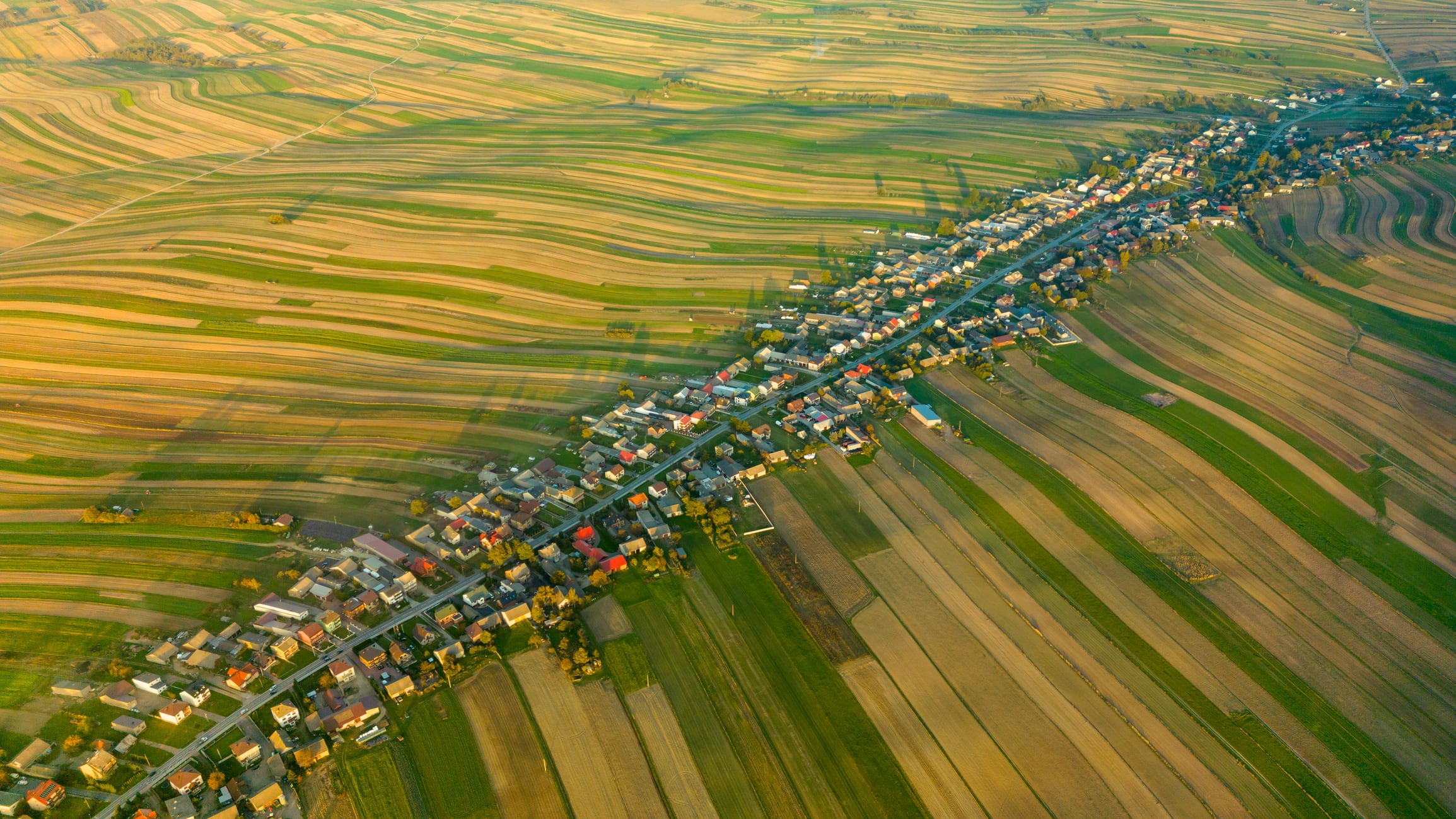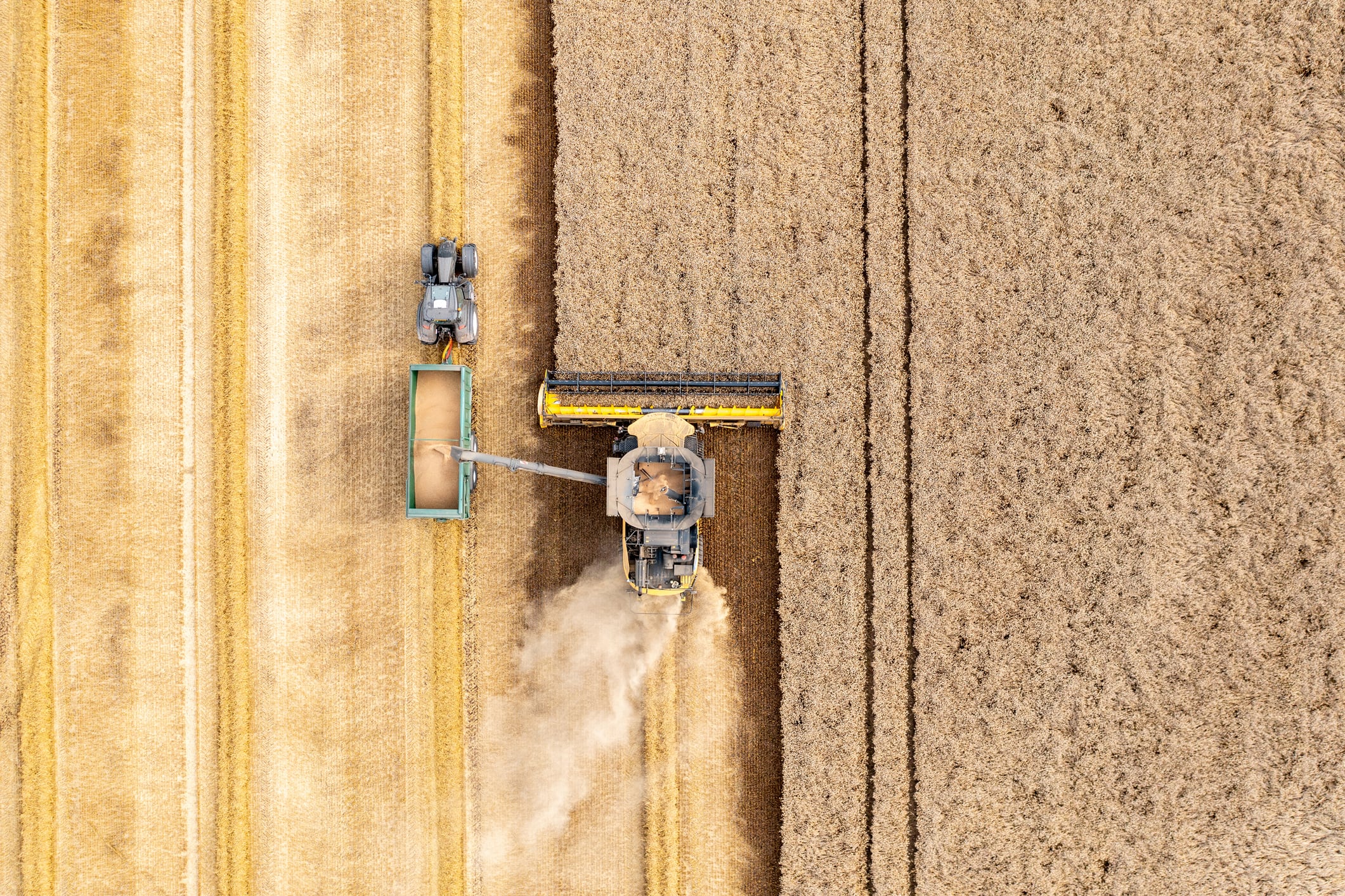The initiative covers 5,454 hectares in total, with Mars supporting regenerative wheat across 3,359 hectares for pet care brands such as Whiskas and Pedigree, and PepsiCo advancing sustainable rapeseed cultivation across 2,160 hectares for some of its popular brands such as Lay’s and Doritos.
Pre-competitive collaboration
PepsiCo and Mars will work with some of the same farmers to integrate regenerative practices into rotational agriculture. This farming approach systematically alternates different crops, such as cereals, legumes and cover crop blends, on the same land each season to help naturally replenish nutrients, break pest and disease cycles, and improve soil structure.
What about financial support for farmers?
ADM will contribute financial and technical resources to support the farmers taking up regenerative agriculture practices. Farmers will receive financial incentives linked to the practices they adopt, a spokesperson for the companies told AgTechNavigator.
“The initial costs involved will vary from farmer to farmer, as it depends on a range of factors including the specific regenerative practices they choose to adopt, and their farm’s soil conditions at the outset.”
The scheme is designed to deliver significant benefits “over time” to help offset these initial investments and create long-term value for farmers.
Farmers will also be equipped with the latest agricultural expertise, receiving hands-on training and guidance from technical specialists such as Biospheres.
Focus on a holistic, farm-wide approach
The initiative doesn’t only involve single-crop sustainability efforts and is also focusing on a holistic, farm-wide approach that strengthens soil health, improves water management, and enhances long-term agricultural resilience.
“In Poland, our regenerative programme is tailored through personalised agronomic diagnoses by local agronomists, focusing on the specific climate and soil conditions identified via soil tests,” the spokesperson explained. “We also adapt our support based on the equipment available, farmers’ issues, and local agricultural policies. This localised approach ensures our support is relevant and effective, differing from programmes in other regions to meet Poland’s unique needs.”
Programme goals
The initiative is launching as a pilot in Poland, with the ambition of scaling it into other markets over time. While there is no set target for farmer participation at this stage, the programme has been designed to expand as capacity grows.
“Our immediate aim is to help Polish farmers adopt more sustainable farming practices in order to improve soil health and biodiversity, reduce emissions and build farm resilience,” the spokesperson told us. “We’ll be measuring each of these metrics using the Cool Farm Tool [an online calculator designed to assess the greenhouse gas emissions and carbon footprint of farms based on data such as harvested yield, fertiliser use, pesticide applications, energy consumption, transport, and livestock details] to ensure our programme is data-driven and that progress is based on tangible environmental outcomes, not just the number of hectares covered.”
Pivotal to addressing the environmental impact of the agricultural supply chain
In the longer term, we were told, programmes like this will prove central to PepsiCo’s ambition to embed regenerative, restorative, or protective practices across 10 million acres by 2030, and to Mars’ aim to deliver more than one million acres of regenerative agriculture practices by 2030 on a global scale.
For ADM, this initiative represents another significant milestone in its global regenerative agriculture programme. In 2024, ADM engaged more than 5 million acres, surpassing its 2024 goal of 3.5 million acres, and achieving its 2025 goal a year early.
“All of that ladders up to the even bigger ambition of building a more sustainable food supply chain.”





